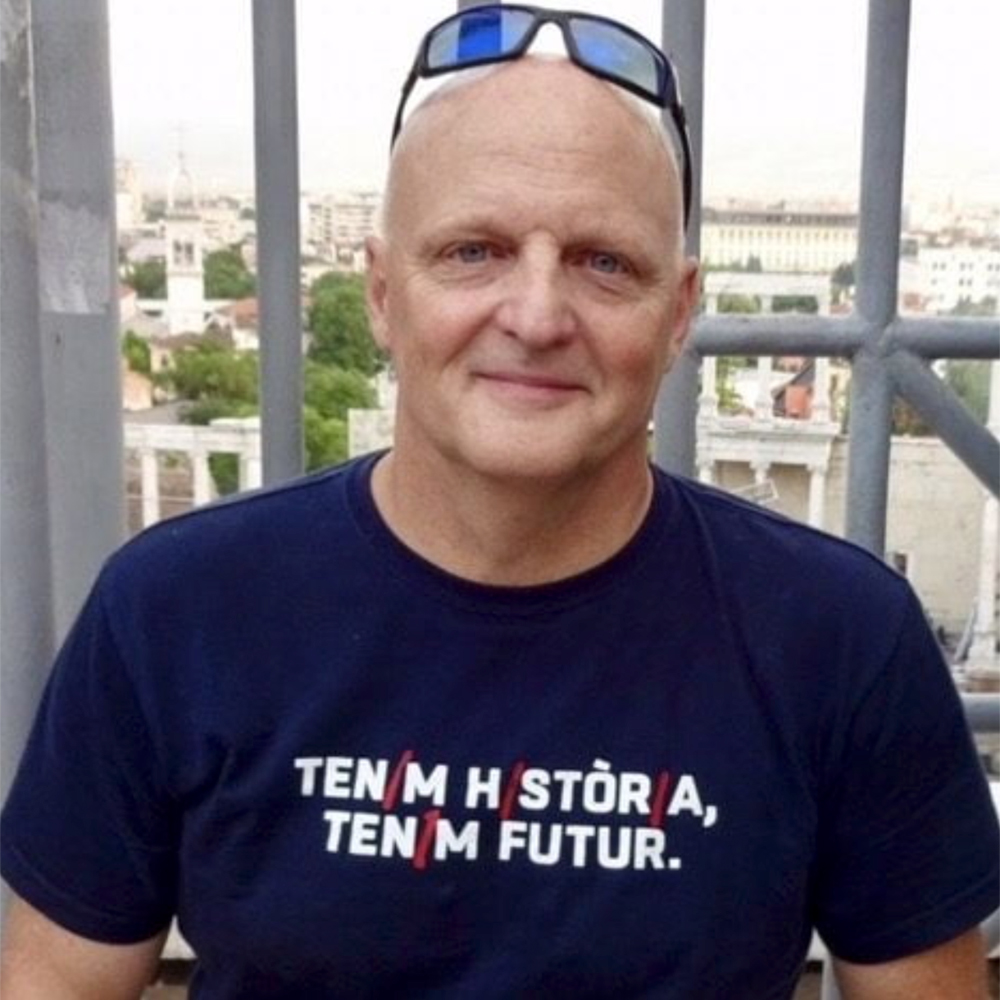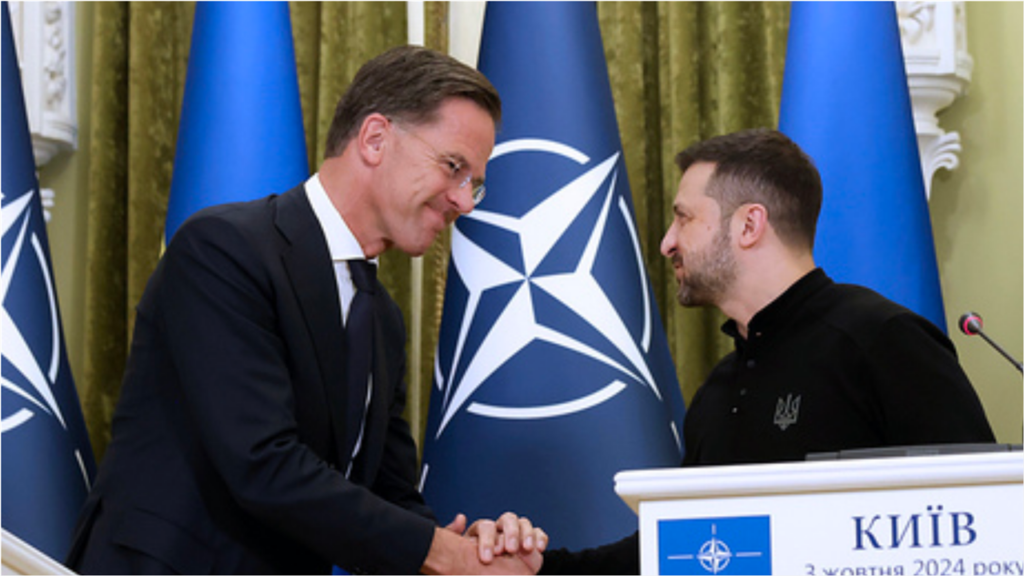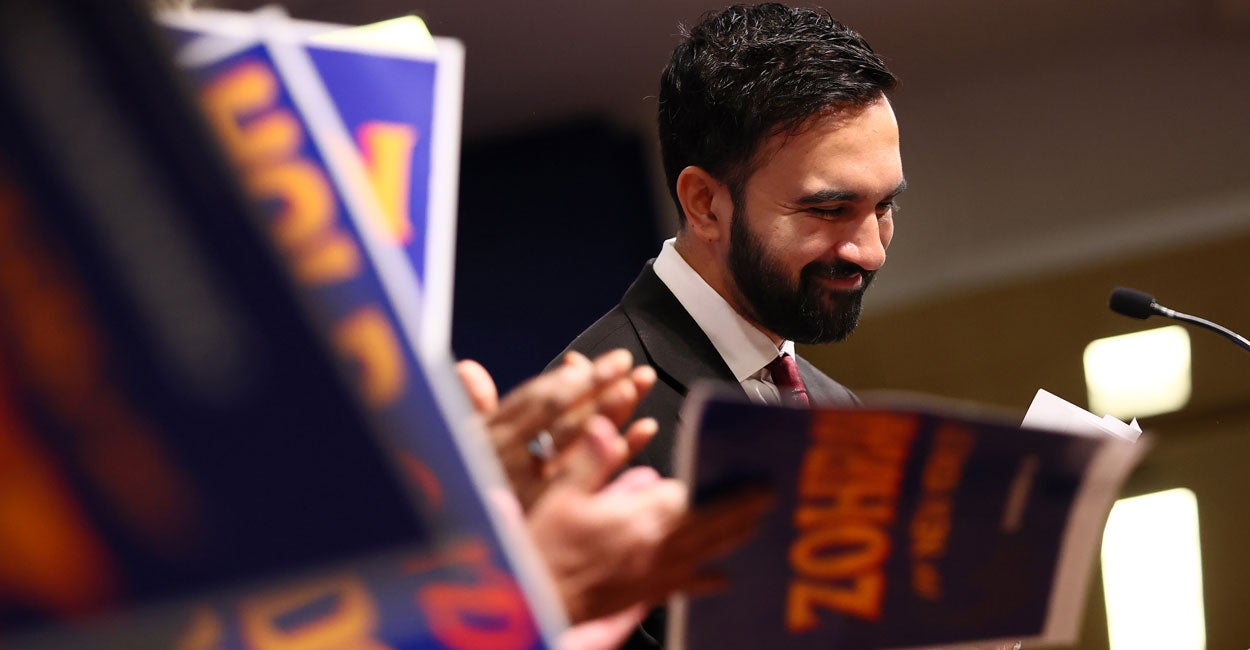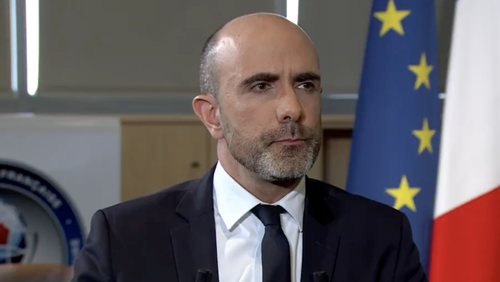Ideological Firewalls Work Quite Well…Until They Don’t

I had my first illicit sips of beer at age 14, and continued to sip from time to time on Friday nights with friends throughout high school. I’m quite sure my parents knew this was going on, though I’m not sure they knew exactly how much or how often we drank.
What I do know is they never confronted me about it, demonstrating an implied trust in me that I responded to by making sure I never engaged in the gross excesses or the stupid and destructive acts that can accompany underage drinking. In this, I was not terribly different from many of the other kids in my ethnically diverse and class-mixed public school crowd.
I was thus shocked when I went off to an “exclusive” Jesuit college, whose enrollment drew heavily from Catholic feeder schools around the country and found that many of my fellow students had lived their high school years under strict family and/or school prohibitions against drinking and were thus engaging freely with alcohol for the first time.
The results weren’t pretty.
There were, of course, the spectacular bouts of vomiting. But more troubling to me, even then, was how many of my classmates, these academically gifted people from “good” Catholic families, believed that, just as a juicy steak needs a hearty red, drinking requires destructiveness and the generalized despoiling of communal spaces.
And destroy they did, without the slightest bit of shame. As the poor janitors cleaned up the weekend messes on Monday mornings, students in the cafeteria would talk about how funny it was that so and so had “snapped” and ripped one of the toilets in their hall’s bathroom from the wall.
The only explanation I could come up with then, and indeed now, was that there was a lot more pent-up rage in my classmates than I initially understood, and that it had a lot to do with having been raised in households where rules were many and trust in their inherent intelligence and wisdom was in short supply.
This all came back to me recently as I reflected upon how Western governments (and their compliant media accomplices) have come to view the citizens of the democracies they are elected to administer.
Whereas in my youth it was seen as completely unproblematic for a public high school to make Soviet Life readily available to its students, our cultural “elites” now seek—using new and invasive technologies and censorship euphemisms like misinformation and disinformation—to have minute control over the information diets of individual citizens. And like those prohibitionist parents of my college classmates, they seem to think that by doing this they can forever shield those who voted for them or who read their articles from meditating on what they have decided are undesirable thoughts and desires.
These ostensibly secular elites and their press lackeys do so by appealing to the people’s innate religious desire to know the sacred, and to distinguish it from the profane.
Unlike so many of us, who under the constant bombardment of consumerist propaganda have blithely abandoned long-standing ritual practices aimed at evoking wonder, they understand that the powerful transcendent yearnings that those forgotten ritual practices were meant to evoke are still very much present within us.
And in an effort to channel this enormous torrent of submerged energy toward their self-serving ends, they engage in campaigns designed to artificially sacralize things whose genesis and reality are clearly profane, which is to say, rooted in the always flawed and chiaroscuro nature of the human mind.
By portraying things like vaccines, diversity programs, uncontrolled immigration, pro-NATO governments, and the political prerogatives of the Israeli state as projects of a pristine moral nature whose sole purpose is to simply make the world a better place, they seek to remove them from the dialectical rough-and-tumble that ordinarily attends to political movements seeking broad public support.
And should an individual or an interest group deign to question the falsely “sacred” nature of one of these projects, they are met with a smearing and ostracizing fury that would not have been at all out of place in Torquemada’s Spain or William Stoughton’s Salem.
While I find the human hardship and damage caused by these policies abominable, I find myself morbidly fascinated by the mentalities that drive them.
Given the abundance of fancy degrees among the miniscule class that design and enact these policies, their near complete lack of historical consciousness is astounding.
While the use of brute force and the abject disdain for the vital prerogatives of one’s chosen adversaries can undoubtedly bring great military and material gains in the short term, such campaigns of terror inevitably lose their effectiveness over time. Have they never studied the historical trajectory of Napoleon or that of his fellow overplayer of military and civilizational hands, Adolf Hitler?
My guess is that they have, but as products of the now dominant history-as-simplistic-morality-play school of study, they have hubristically decided that the histories of “bad people” like those two short-term conquerors have nothing to teach self-sacralized “good people” like themselves.
After all, our own contemporary destroyers of nations and home-borne arsonists of basic civility are—just ask them—trying to make the world a better place while, “of course,” those two “completely diabolical” figures only wanted to destroy.
This, as if the horrific campaigns of these two famous figures were sold to the men and women that followed them into battle on the basis of pure nihilistic bloodlust, devoid of the type of faux moral inducements our contemporary mandarins so enjoy casting in our direction.
There is a very good reason why our current masters of war and censorship, and those who use their scorched-earth techniques to make dialogue and civility ever more impossible on the home front, constantly ply themselves and us with childishly Manichaean versions of the past. It keeps them from having to ponder their inherent proclivities toward folly, cruelty, and self-deception.
To examine the complexities of past human behavior mindfully and without self-serving mental shortcuts to come face-to-face with the often tragic and universally distributed weight of human fallibility leads inexorably to the exercise of caution, prudence, and humility, the last things that thoroughbred power-seekers want to know anything about.
But perhaps even more astounding than the historical ignorance of the many bomb, nudge, and censor types in our midst is their fundamental misreading of human nature. While it is certainly true that forced idolatry of certain political projects can cow many people, perhaps a majority, into submissions for a good long time, it will never ever gain the compliance of a significant sector of the culture. There will always be, by my estimation, some thirty percent of any given culture, who, deeply trusting their own empirical observations of reality, will never accept the imposition of official truths jammed down on them from above.
But owing to their wholly materialist and behaviorist understanding of reality, our “elite” culture-planners find it quite difficult to “see” this recalcitrant minority. Or if they do see them, they assume that conquering their minds and their sense of volition is just a matter of applying a bit more of the psychological brutalization they successfully used to conquer the minds of the majority.
Caught in their cage of totalitarian hubris, they can’t believe that “mopping up” this insurgency could be difficult, or could ever fail. Or that these recalcitrants might, as the struggle to disappear them drags on, begin to vent their rage on those who prevented them, through various forms of coercion and slander, from exercising the fundamental right to speak their minds freely. Or still less, that the rage of these same recalcitrants might eventually spread to the cowed majority.
But history tells us that this is what happens again, and again, and again. “Terrorists” and “anti-social subversives” like Mandela and Havel become heads of state. And “fringe epidemiologists” become leaders of the NIH.
I am not here to predict quick or decisive victories. Sadly, all such turnarounds take time and are inevitably laced with much death and destruction. Indeed, there is nothing quite like a cadre of flailing totalitarians when it comes to engaging in senseless acts of sadism.
But aren’t we all mortal to begin with? And isn’t it our relative acceptance of that mortality that separates us from these perverse elites and their dreams of Thousand Year Reichs and of a Transhumanist “Singularity” where the masses, like livestock, will be improved according to designs generated by a self-nominated set of gurus?
Indeed, it is.
Beneath their bravado, these would-be rulers of our minds and bodies suffer from a profound fear of death and its accompanying loss of materiality, the only thing they really value. They apparently believe that if they simply turn up the volume and make themselves big, in the way one is supposed to do when confronting a bear in the woods, they can chase away their internal sense of dread and gain our compliance to boot.
But like Oedipus and Icarus, those two great literary figures of ancient Greece, who believed that the intellect could triumph over the always unfathomable rhythms of creation, they and their fantasies of omnipotence are destined to meet a tragic end.
Our prime task in the meantime is thus the unglamorous—and for many in this culture that worships action for action’s sake—unsatisfying task of circling back again and again to the things like love, compassion, friendship, touch, and sincere dialogue that lie at the core of being human. As long as these warming fires are kept alive in the small recesses of our lives, the total domination they seek, and in fact require for the sustenance of their narcissistic fantasies, will never be achieved.
-

Thomas Harrington, Senior Brownstone Scholar and Brownstone Fellow, is Professor Emeritus of Hispanic Studies at Trinity College in Hartford, CT, where he taught for 24 years. His research is on Iberian movements of national identity and contemporary Catalan culture. His essays are published at Words in The Pursuit of Light.















